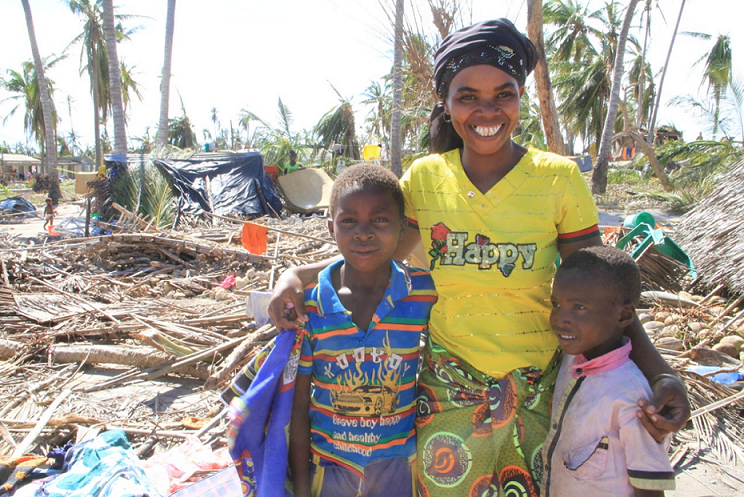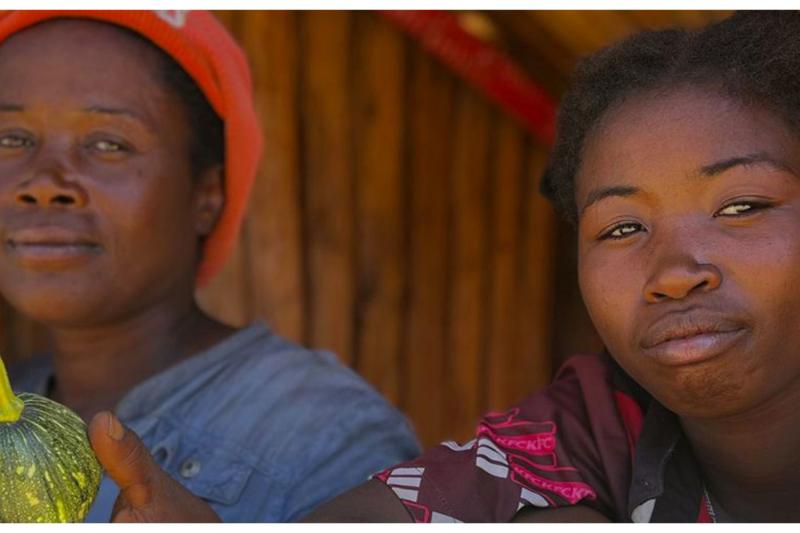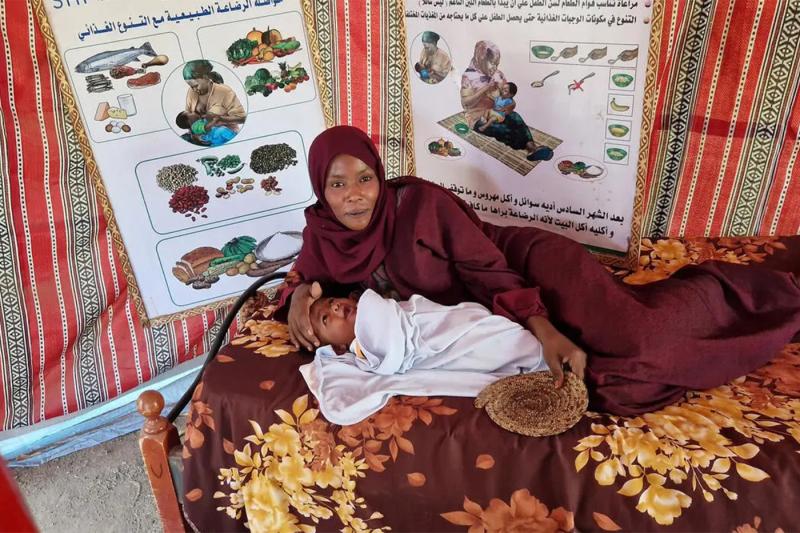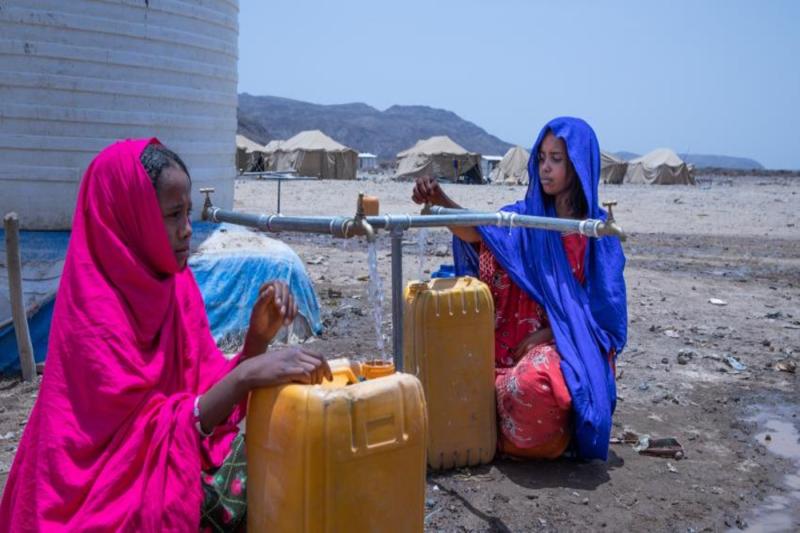
Mozambique: Brave mothers in the midst of hardship
In Mozambique, two subsequent cyclones have left a trail of death and immense devastation. And as with all disasters, women have been hit particularly hard.
According to the United Nations Population Fund (UNFPA), approximately 74,000 pregnant women will give birth in the areas affected by Cyclone Idai in the coming months and 12,000 in the region hit by Cyclone Kenneth. With support from CERF, UNFPA is providing life saving clinical sexual and reproductive health services to those affected by the cyclone.
Most of the displaced are women and children, all traumatized, all living in temporary shelters in incredibly difficult circumstances, all just wanting to go back to a normal, dignified life.For these women, being a mother is the midst of adversity, not knowing what to feed their children, without a roof over their head, not knowing if their newborn baby will be healthy, is an unimaginable struggle – emotional and physical.
When I spoke with Beatriz and Maria Andaruz, I was touched by their positive outlook. Despite everything they had gone through, the loss, the fear, the uncertainty for the future, they were grateful to be alive and to be there for their children.

Maria Andarus didn't lose her smile. This fearless 25 year old mother stands with her children in front of what used to be their house. She has been looking for her belongings and personal documents, which she is letting dry up.
Her husband is a fisherman, but he lost his boat during the storm. They have no means to provide for the family, they survive thanks to humanitarian aid, and yet when I went to visit them, they offered me a coconut, willing and honored to share the little they had left to eat for the day.
Her t-shirt says “Happy”. “Well, I am happy despite all the challenges”, she says. “I cried, I cried a lot the day my house was destroyed by the cyclone. I cried because I felt powerless. All I could do was take my children and run. I am grateful we are alive. I am staying strong and I smile for my children. I don’t want them to live in fear. I want them to know that it is going to be alright”.

Beatriz Carimu Cassamo, 38 years old, is an example of the challenges almost every single mother is facing after Cyclone Idai changed the course of their lives. Beatriz is from Macurungo, in Buzi district. She lost her husband just nine months ago and found herself alone with two kids. Her brother died shorlty after, and without hesitation, she decided to take care of her nephews.
The day Cyclone Idai hit Sofala province, her entire house collapsed. She managed to put some metal sheets together and improvise a temporary roof, but two days later flood waters came in and she had to run out with her kids, the water already reaching her shoulders. Her maize crops, her house, her food stock, everything had been completely destroyed or washed away.
Beatriz and her children sheltered on the second floor of a school, waiting to be rescued. She tells us how she faced one of the toughest days of her life, with no food and no water, until the rescue teams arrived. They were brought to Beira by boat, and there the family could finally eat, drink and receive much needed medical care. The children were exhausted, dehydrated, hungry and scared. They stayed in another school for three days until they could be moved to the IFAPA displacement camp in Beira.
“While living there for a month, all I could think of was going back to my community, take the children back to something they could call home.” But for now, she has been transferred to Guara Guara, another IDP camp, where she will stay until one day she will be able to go back home.
“I have lost everything. My crops, my house. But I have also lost my husband and my brother. So I cannot but be grateful that I still have my children. I don’t know what I would do without them. I have nothing to go back to, but I have them, and for this I am grateful.“
Humanitarian partners in Mozambique have appealed for US$281.7 million to be able to provide much needed aid – water, food, shelter, medicines – and to ensure people can return to a dignified life. Yet, despite the immense needs, to date the appeal remains 66.3 per cent unfunded.CERF allocated $14 million to help people most affected by cyclone Idai - an additional $6 million went to help those affected in Zimbabwe and Malawi.


